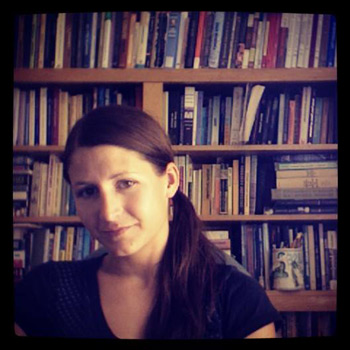Ortiz Center Fellows
Louise Lamphere Public Policy Fellowship
Valerio Di Fonzo, Lamphere-Ortiz Fellow, 2024-26
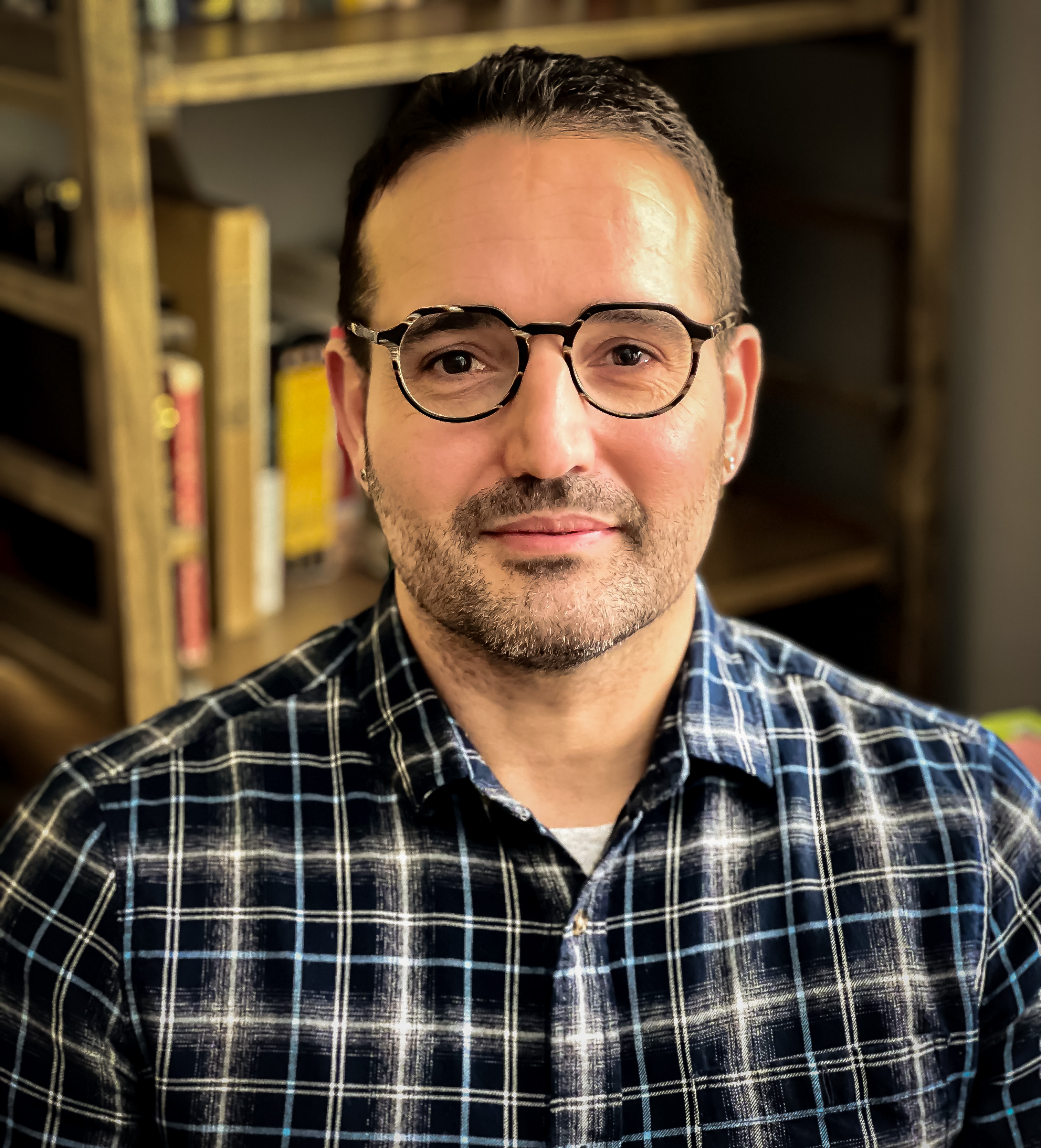
Valerio Di Fonzo is a Ph.D. candidate in the Department of Anthropology. He received a Master in Public Administration from the University of New Mexico in 2014. He also holds a dual Master and Bachelor degree in International Relations and Diplomatic Affairs from the University of Bologna (Italy). He recently completed fieldwork in the Peruvian Amazon, focusing on eco-theology and examining the relationship between the Catholic Church, environmentalism, and the Awajún and Wampis Indigenous peoples.
His dissertation explores "ecotheology," a movement within the Catholic Church that seeks to guide human relationships with nature in an ethical manner. This philosophy, inspired by the ecological practices of Amazonian peoples, is being integrated into Church teachings. Valerio's research investigates how this new ecological ethic is applied in lowland Peru: how it is embraced by clergy trained in traditional pastoral paradigms, how it is taught to both Indigenous and non-Indigenous communities, and how these communities accept, modify, or reject aspects of the philosophy.
During his two years of fieldwork, Valerio has interviewed individuals involved in Catholic agricultural projects and has worked with 11 Awajún and Wampis communities to explore how these ecological teachings resonate with Indigenous perspectives.
Cameron Zarrabzadeh, Lamphere-Ortiz Fellow, 2022-24
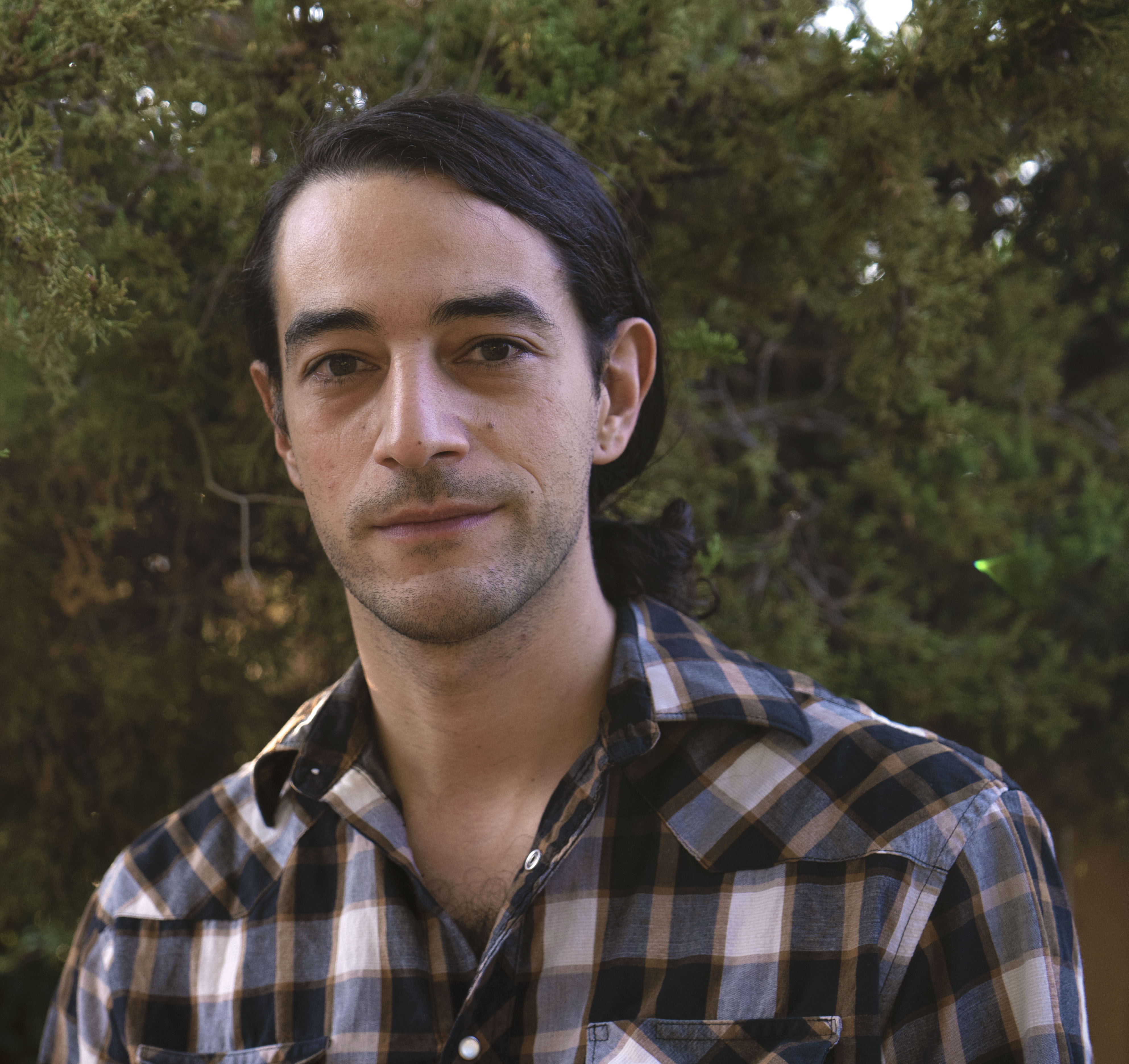
Cameron Zarrabzadeh is a PhD student in the Ethnology subfield of the Anthropology department at UNM. He graduated from UNC-Chapel Hill in 2010 with a dual degree in English Literature and Studio Art and completed an MA in Ethnology at UNM in 2021. For his PhD research, he seeks to interrogate human rights issues and conflicts that emerge between the interests of different groups in the context of environmental degradation and its impacts on human health in the American Southwest.
He intends to center his research on exploitative environmental and social interactions driven by extractive resource industries in the region. One potential dissertation topic concerns the issue of uranium tailings seeping into water supplies and affecting the human health of a particular Navajo community in New Mexico.
Research interests: semiotics, discourse, science & technology studies, political ecology, social and environmental conflict in the American Southwest
María del Pilar File-Muriel, Lamphere-Ortiz Fellow, 2020-21
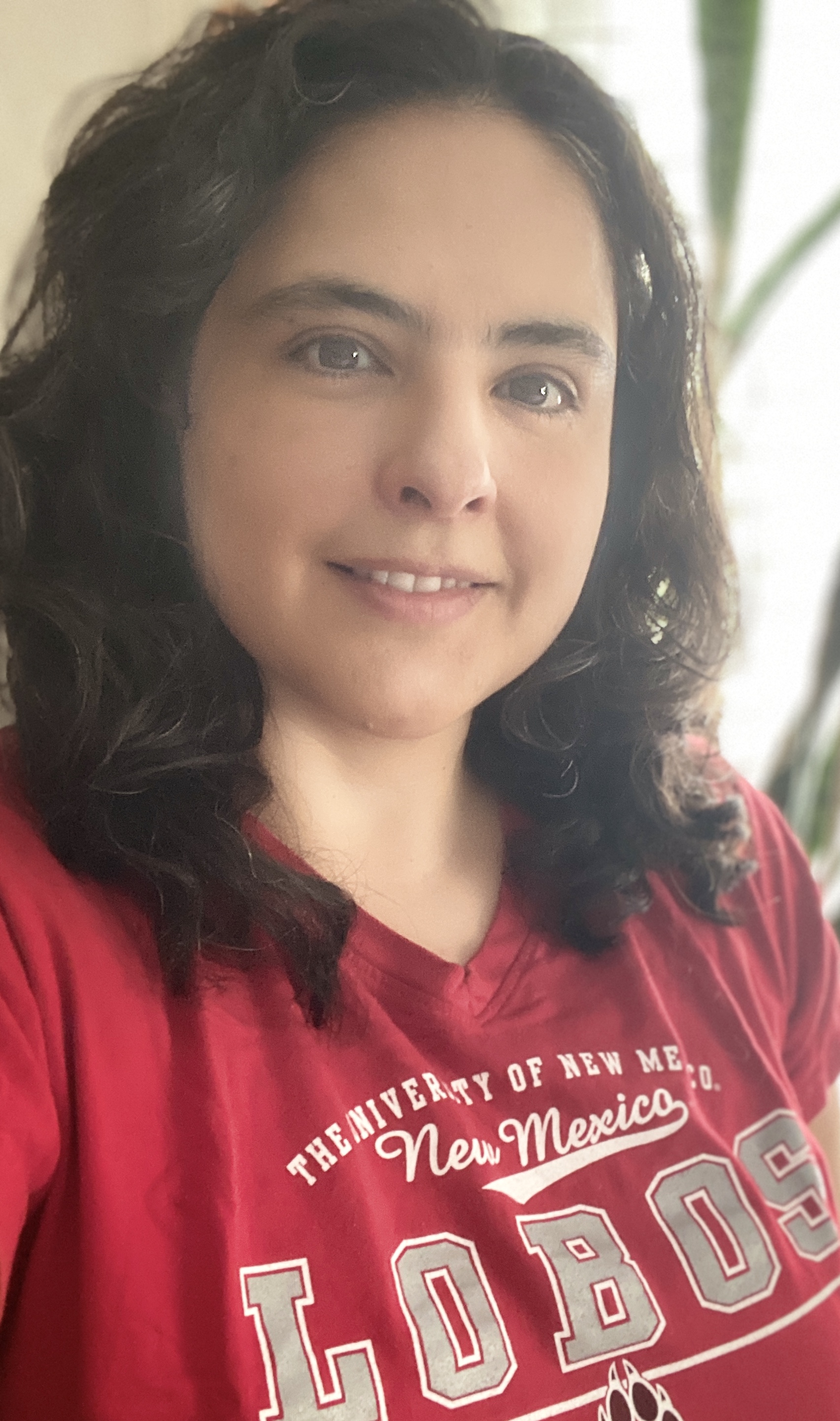
Sarah Leiter, Lamphere-Ortiz Fellow 2019-20

Daniel Shattuck, , Lamphere-Ortiz Fellow, 2018-19
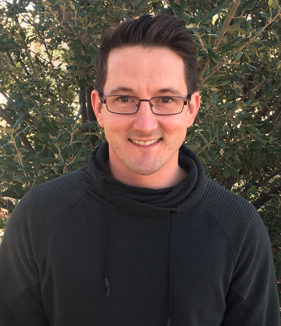
Holly Brause, Lamphere-Ortiz Fellow, 2017-18

Jennifer Cardinal, Lamphere-Ortiz Fellow, 2014-15
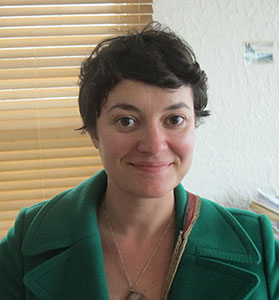
PhD Anthropology, Lecturer, Director of Vasudha Living and Learning Community, Science and Technology Studies, Rensselaer Polytechnic Institute
Elise Trott, Lamphere-Ortiz Fellow, 2013-14
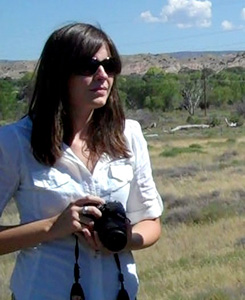
PhD Anthropology, Assistant Professor, College of Population Health, Health Sciences, Center, University of New Mexico
Sean E. Gantt, Lamphere-Ortiz Fellow, 2012-13

PhD Anthropology, Executive Director, Delores Public Library
Shirley Heying, Lamphere-Ortiz Fellow, 2010-11
Lavinia Nicolae, Lamphere-Ortiz Fellow, 2009-10
PhD Anthropology, Behavioral Scientist, Centers for Disease Control and Prevention
Patrick Staib, Lamphere-Ortiz Fellow, 2008-09
PhD Anthropology, Associate Professor, Social Sciences and Affiliated Faculty, Sustainability Studies, Colorado Mountain College
Jara Carrington, Lamphere-Ortiz Fellow, 2008-09
Christina Getrich, Lamphere-Ortiz Fellow, 2006-07
PhD Anthropology, Associate Professor, Anthropology, University of Maryland


